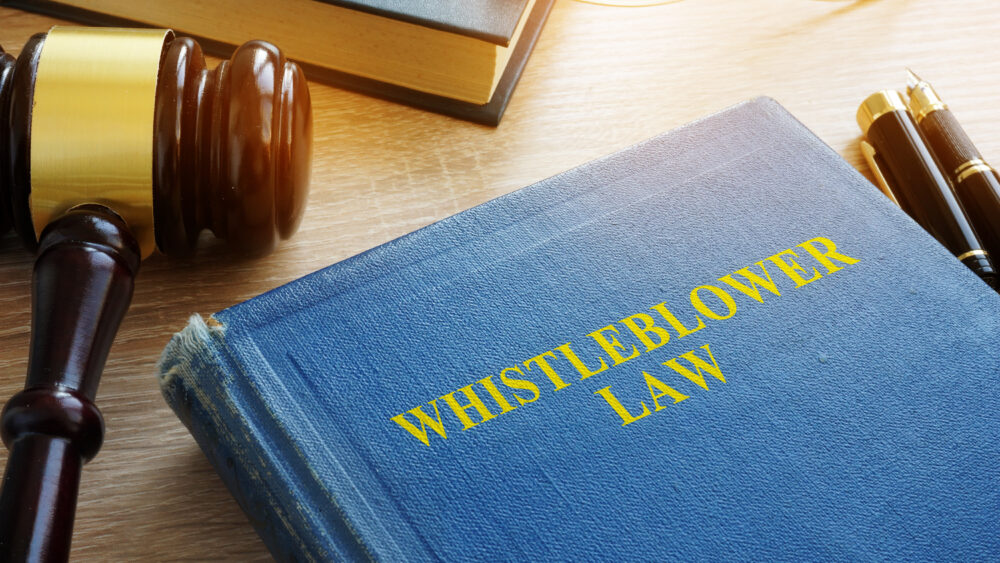What are Whistleblower Rights and Protections?
Fraudulent, unfair, dangerous, exploitative, and downright illegal behavior can go on at public institutions and private companies for long periods of time before anyone does anything to stop it. When the public finds out, they often wonder why no one said anything sooner. Greed is too simple an explanation because hundreds, if not thousands, of employees stay silent about the misconduct while only a few people truly get rich off of it. More often, the motivation to stay silent is fear. Employees fear that if they speak out against the misconduct, they will lose their jobs or worse; we have all heard the saying “snitches get stitches.” Federal and state laws offer whistleblower rights and protections to those who stand up to workplace misconduct and report it to regulatory bodies. To find out more about how the law protects you from whistleblower retaliation, contact a New Jersey whistleblowing and retaliation lawyer.
The Conscientious Employee Protection Act
In employment law, protected activities are actions that employees are free to do without fear of their employers punishing them for them, such as by firing them, refusing them a promotion, or harassing them at work. Examples of protected activities include filing a workers’ compensation claim and requesting disability accommodations, among others. A New Jersey law called the Conscientious Employee Protection Act (CEPA) defines a wide variety of whistleblower actions as protected activities. It aims to protect anything employees do to stop fraudulent and illegal actions by their employers, as well as actions that endanger the public. These are some examples of activities protected under CEPA:
- Refusing to participate in the employer’s objectionable actions
- Reporting the misconduct to a work supervisor or regulatory body
- Participating in an official investigation into the employer’s conduct
CEPA also offers specific protections for healthcare workers who observe conduct in their workplaces that violates standards of patient care.
Other Protections for New Jersey Workers Who Report Misconduct
CEPA is not the only law that protects workers who report employer misconduct, including but not limited to workplace safety violations and discrimination. Depending on the nature of the misconduct, you might be protected under any of the following laws:
The New Jersey Supreme Court decision Pierce v. Ortho Pharmaceutical Corp also outlines protections against retaliation for whistleblower employees. Regardless of which law they invoke, workplace whistleblowers have the right to file a claim against an employer who retaliated against them for a whistleblower action. They can seek reinstatement of their jobs, compensation for lost income, and other remedies.
Contact a Lawyer About Whistleblower Retaliation Cases
Do not let your employer intimidate you from exercising your legal rights. A whistleblower retaliation lawyer can help guide you through the process of reporting misconduct that you witness at your workplace and dealing with the fallout. Contact McOmber McOmber & Luber to discuss your case.

